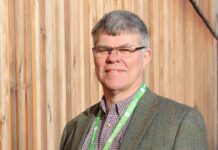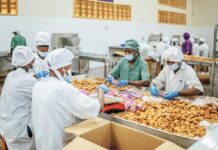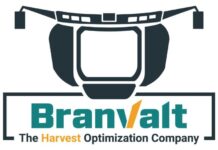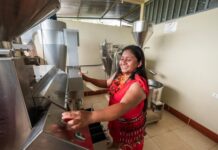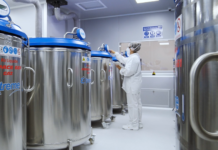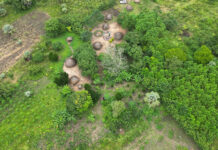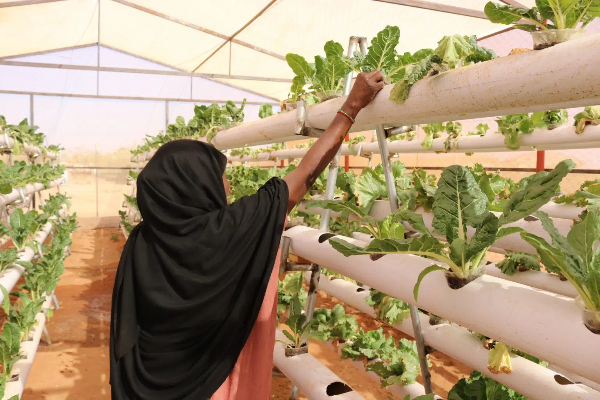
In Somaliland’s harsh northern terrain, displaced families are charting a new path out of poverty and hunger through a sustainable farming initiative spearheaded by the local community.
According to reports by SOS Children’s Villages, a global organisation supporting children’s welfare, households at Burco’s IDP camp are taking ownership of small-scale greenhouse and hydroponic plots—reinvigorating their food security while building long-term resilience.
This community-led project addresses two critical issues: the devastating drought that has undercut livestock and crop production, and the resulting nutritional deficits among women and children. SOS Children’s Villages has long documented that nearly 1.2 million children under five in Somaliland risk acute malnutrition. By equipping families with tools, training, and access to land, the initiative offers a sustainable remedy.
Under the scheme, IDP families receive greenhouse plots—typically ranging from 8 × 16 meters or small hydroponic setups—along with essential seeds and gardening tools. “An agronomist from Mogadishu conducts training sessions on modern drip irrigation, composting and greenhouse maintenance,” SOS documentation reveals. Crop varieties include tomatoes, peppers, onions, spinach, and lettuce—crops that thrive under controlled cultivation and fetch strong local market prices.
Early beneficiaries are already seeing transformational gains. In Buula‑fiin, Garasweyne, and Horsed IDP camps near Baidoa, over 300 displaced farmers (205 women, 95 men) are now tending 29 greenhouse plots. Local farmer Mohamed Isgowe Ali, 47, recounts his household’s journey: after losing land and livestock to prolonged drought, he joined the program in late 2023. Today, he’s earning enough to build a three‑room iron-sheet home for his parents and ensure his children attend school.
Another displaced farmer, Fiiday Ali from Garasweyne, used her greenhouse produce—tomatoes, lettuce, peppers—to secure daily income of $5–6. She now consistently provides three meals a day for her nine children. Beyond income, the initiative has increased diet diversity and reduced malnutrition risk.
According to SOS Children’s Villages, the program extends beyond farming: it includes salad training, rainwater harvesting systems, solar‑powered water pumps, and drip irrigation installations for irrigation efficiency. This comprehensive approach not only boosts production but also fosters environmental sustainability and climate resilience.
As SOS Children’s Villages has emphasised, “climate protection is child protection”. By using hydroponics and green technologies, the initiative empowers women-headed households and youth—creating economic opportunities while tackling drought-driven displacement and food scarcity.
The early success of these farming gardens holds promise for replication across drought-stricken Horn of Africa regions. With the support of SOS Children’s Villages, displaced families are transforming emergency aid into self-sustaining livelihoods—planting not just seeds, but hope for a more food-secure future.


